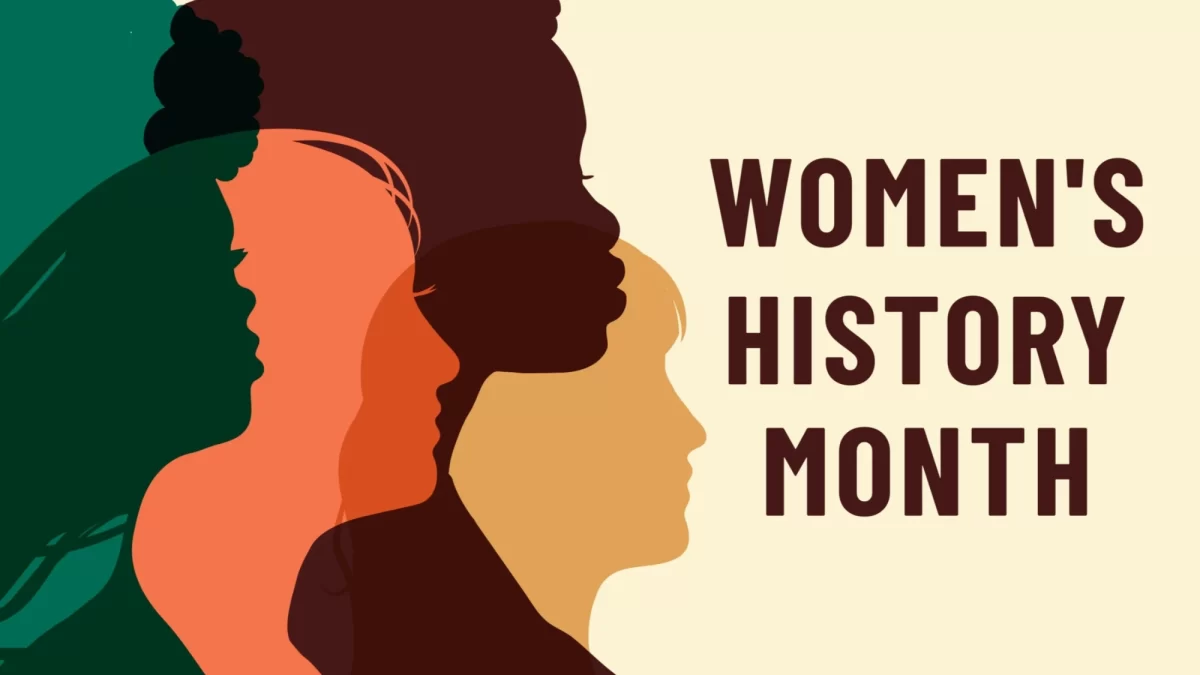Every year by presidential proclamation, March is recognized as Women’s History Month, which honors women’s contributions in American history and their work to build a fairer nation. Its early beginnings of establishment were just as empowering as the month itself is now and displays the very determination in women we’re celebrating.
Women’s History Month originally started as a celebration in Santa Rosa, California. In 1978, the Education Task Force of the Sonoma County Commission on the Status of Women planned and executed a “Women’s History Week” celebration. The organizers chose the week of March 8 to correspond with International Women’s Day. The movement soon spread across the country as other communities began their own Women’s History Week festivities the following year.
Two years later in 1980, a combination of women’s groups and historians, led by the National Women’s History Project lobbied for national recognition. They were successful, and in February of 1980, President Jimmy Carter issued the first Presidential Proclamation. This officially declared the week of March 8th National Women’s History Week. For the next seven years, following presidents continued the proclamation of the Week.
However, in 1987, Congress passed Public Law 100-9. This changed Women’s History Week to a Month. Additionally, between 1988 and 1994, Congress passed more resolutions requesting and giving the President the authority to establish March of every year Women’s History Month. Due to this act, each year since 1995, every president has issued an annual observance of the Month.
Whether it be the celebration of women trail blazers like the suffragettes and women abolitionists, the progress of seeing women in STEM and the armed forces, or even the perseverance of the prominent women in your own life, the month of March highlights the power and resilience in all women. As a woman myself, having this Month that encourages the strength and potential in me is empowering. I’m reminded of the hardship, disappointment, and frustration women experienced to get to where we are now, and feel a sense of duty to carry on their legacy, have confidence in myself and my abilities, and build up the other women in this world that make progress possible.

